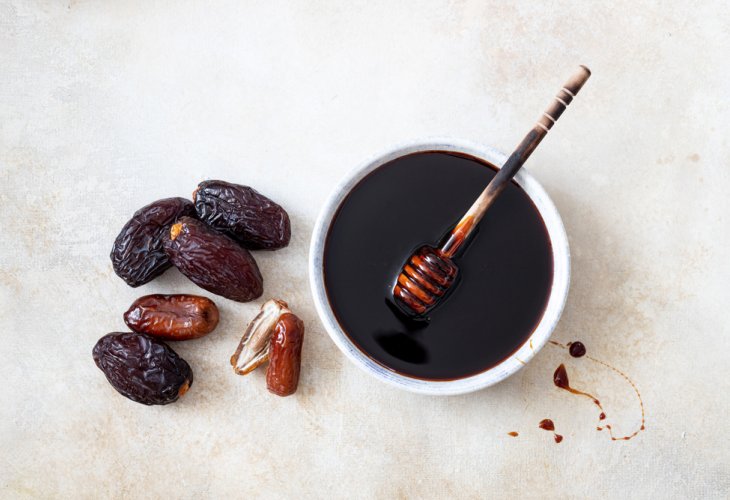Health and Nutrition
Is Silan Healthier Than Sugar? A Dietitian Explains the Truth
Dr. Maya Rosman breaks down the nutritional myths about date syrup and sugar, and what really matters for your health and blood sugar levels
 (photo: shutterstock)
(photo: shutterstock)In recent years, many people have been trying to cut back on their sugar intake. Some have stopped adding sugar to their coffee, others have drastically reduced it in their meals, or avoided sugary foods altogether.
Dietitian Dr. Maya Rosman responds to a common question: Is silan (date syrup) healthier than sugar? “Not necessarily,” she says. “Silan contains some minerals, but it’s identical to sugar in terms of calories and its effect on blood sugar levels.”
Dr. Rosman explains that sugar has no nutritional value- only calories (one teaspoon of sugar contains about 20 calories). It is derived from sugar beets or natural cane sugar, but there’s nothing nutritious left in it. It contributes to weight gain and health issues.
Silan, on the other hand, is made by cooking dates and does contain small amounts of minerals and antioxidants. However, its glycemic index is high, meaning it spikes blood sugar quickly and is therefore not recommended for people with diabetes, just like regular white sugar.
She further explains that one teaspoon of silan contains around 30 calories. It contains so little in terms of minerals or antioxidants that it shouldn’t be considered a significant source of nutrients in the diet. For vitamins and minerals, fresh fruits and vegetables are far more effective.
If you’re adding half a teaspoon of powdered sugar to a pancake, or half a teaspoon of silan, the nutritional difference is negligible. Silan doesn’t suddenly make a dish healthy- you need to look at the overall ingredients. Even in recipes like cookies or cakes that use silan instead of sugar, the difference is small. Silan may offer slightly more nutritional value than sugar, but is still not recommended for those with diabetes. When speaking about a single teaspoon, there’s no meaningful difference. Unfortunately, there’s no such thing as ‘healthy sugar.’

